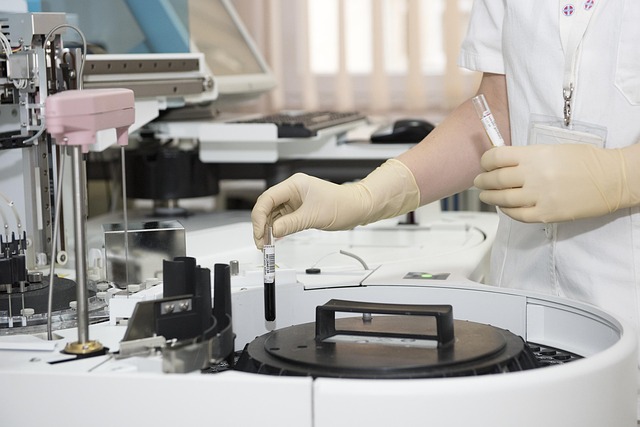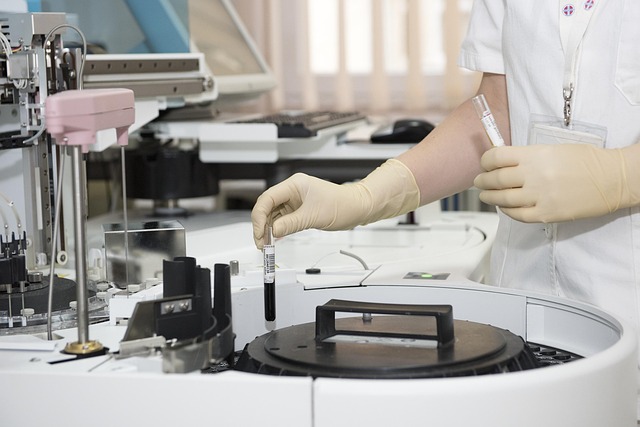In the rapidly evolving landscape of healthcare, the emergence of healthcare robots is transforming the way we approach patient care and medical practices. These robotic innovations are not just reshaping the efficiency of healthcare systems but also enhancing the overall patient experience by making treatments safer and more precise.
Consider this: traditional healthcare has often been riddled with human error, particularly in high-stakes environments like surgery or medication administration. The introduction of robotics into these areas has shown significant promise. Surgical robots, for instance, provide surgeons with enhanced precision, allowing for minimally invasive procedures that result in quicker recovery times and fewer complications. This technology is revolutionizing surgical outcomes and enabling specialists to perform operations that were once deemed too risky.
Furthermore, healthcare robots are not limited to surgical settings. In hospitals, robots are being utilized for logistical tasks such as delivering medications, sterilizing equipment, or even assisting in complex tasks like patient transport. By automating these functions, healthcare professionals can focus more on what truly matters: caring for their patients. Studies have demonstrated that this not only boosts efficiency but also contributes to higher satisfaction rates among healthcare workers and patients alike.
In addition to operational enhancements, robots are finding their niche in patient interaction and rehabilitation. Robotic companions have started to help address the emotional needs of patients, particularly the elderly or those with chronic illnesses. These robots can provide conversation, remind patients of medication schedules, and even assist with mobility, fostering a sense of independence while ensuring safety. This emotional and physical support is crucial in promoting a holistic healthcare approach that addresses both mental and physical health.
Moreover, the use of healthcare robots extends to telemedicine applications, where robotic systems can provide remote monitoring and care in areas lacking adequate medical resources. With the advent of artificial intelligence, these systems can analyze health data in real time, alerting healthcare providers to potential issues before they escalate. This innovation is particularly impactful in rural or underserved communities, where access to quality healthcare has long been a challenge.
As we delve deeper into this robotic renaissance, we also face critical discussions surrounding ethics and the implications of robotic integration in healthcare. Though the benefits are compelling, it raises questions about patient privacy, data security, and the potential dehumanization of care. It is essential to navigate these concerns thoughtfully as we pioneer towards a more advanced healthcare future.
The rise of healthcare robots signals a new era where technology and compassion converge, offering a promise of improved health outcomes and enhanced quality of life for patients. As innovations continue to emerge, we stand on the brink of a healthcare revolution where technology not only empowers practitioners but also uplifts patients, redefining the very essence of medical care.




